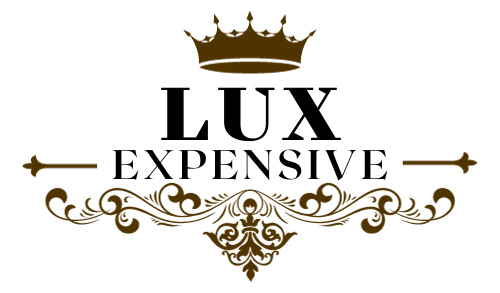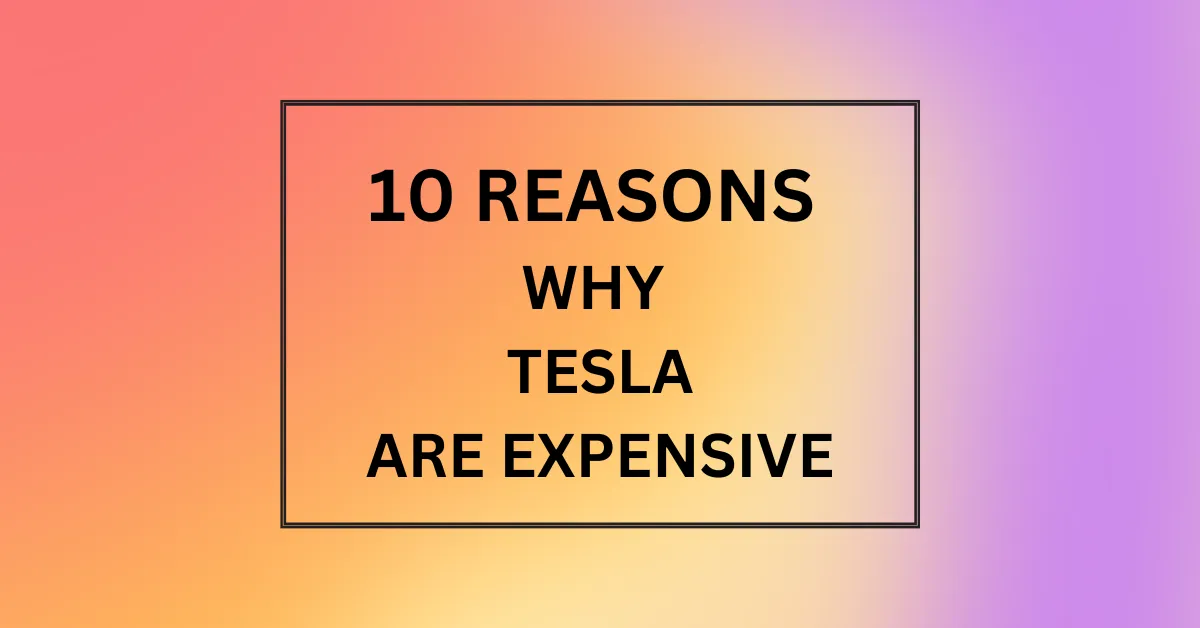Tesla cars are expensive because they are integrating innovative but costly technologies into premium vehicles targeted at higher income demographics. As a young company they also face production scaling challenges, yet continue investing in an exclusive ecosystem and future-forward programs that align with their principles—all factors that enable them to command higher prices.
While the rising popularity of Teslas is great news for the electric vehicle movement, their pricing definitely raises questions for interested buyers with budgetary constraints. Let’s take a balanced look at some of the main factors that contribute to the bigger price tag on Tesla vehicles.
Top 10 Reasons Why Are Tesla So Expensive
1. Cutting-Edge Technology Costs
Being on the cutting-edge of electric vehicle technology is expensive. As a relatively new carmaker, Tesla has invested heavily in R&D to develop industry-leading battery tech, computing, sensors and software that outmatches the competition today. All that innovation comes at a cost, which gets incorporated into pricing.
2. Premium Brand Positioning
Tesla focuses on premium vehicles targeted at higher income demographics, similar to luxury brands like BMW or Mercedes that carry higher profit margins per vehicle. This explains why Tesla doesn’t currently sell compact or economy model vehicles with fewer features. Its tried-and-true business model aims for maximizing profits on high-ticket sedans and SUVs.
3. Production Scaling Challenges
There are considerable costs and complexity associated with scaling sustainable production as an independent auto manufacturer without the economies of scale. As a young company, Tesla is still investing heavily in expanding manufacturing infrastructure to ramp up production volumes, which has overhead expenses passed to consumers.
4. Infrastructure Investments
Being a pioneer in EV technology means Tesla has invested substantially in building out charging infrastructure and related energy products for seamless integration, which adds to cost per vehicle but delivers convenience. That’s a unique value proposition compared to other automakers that don’t have the same charging and solar energy ecosystem.
5. Unconventional Marketing
Tesla focuses sales & marketing expenditures on the vehicles themselves rather than traditional advertisements. However, attractive referral programs and bonus incentives for Tesla retail staff add slightly to the overall pricing mix per vehicle as drivers get rewarded for promoting the brand.
6. Incentives and Credits
Electric vehicles qualify for various incentives and tax credits for eco-conscious consumers which are getting priced into Teslas too. This allows room for Tesla to pad pricing a bit while still looking attractive when state rebates, potential fuel savings, environmental benefits get factored by buyers.
7. Exclusive Innovations
Being the first to push conceptual boundaries with offerings like Enhanced Autopilot and Full Self-Driving capability lets Tesla boost prices as early adopters pay premiums for exclusive access to the latest innovations, even if full functionality takes time to mature. Value is perceived.
8. Integrated Sales Model
Tesla’s direct sales model cuts out third-party dealership networks and their associated costs but also means retail pricing has to account for all operating expenses across the integrated customer experience including sales, service and support centers. No outside subsidy.
9. Principled Reinvestment
As a principled thought leader Musk reinvests sizable capital into future-forward programs advancing sustainability, from clean energy generation and storage products to neon paint recycling. This allows Tesla to bake some of those altruistic expenses into pricing as a “goodwill tax” that devotees gladly pay.
10. Rapid Iteration
Being on the forefront of technology advancements means rapid iteration and consistent hardware/software updates. Early Model 3 and Model Y owners essentially paid to beta test prototypes with known issues soon remedied for later builds. But those over-the-air updates and cutting-edge offerings make higher prices palatable.
FAQS.
Is Tesla a good brand?
Yes, Tesla is considered a very good brand known for leading electric vehicle technology with a premium positioning – though expensive, they score highly on owner satisfaction surveys.
Are Teslas good?
Yes, Teslas consistently earn strong ratings and reviews from independent testing agencies and owners praise them for performance, tech innovations, luxury features and the supercharger network.
Are Teslas worth the price?
For many buyers able to afford the higher prices, Teslas do seem to present good value given their cutting-edge proprietary tech, safety ratings, responsive handling, and access to HOV lanes.
Where to buy Tesla?
As Tesla uses a direct sales model you can browse inventory and purchase new Tesla vehicles directly through their website or visit a company-owned Tesla retail location found in certain metro areas.

